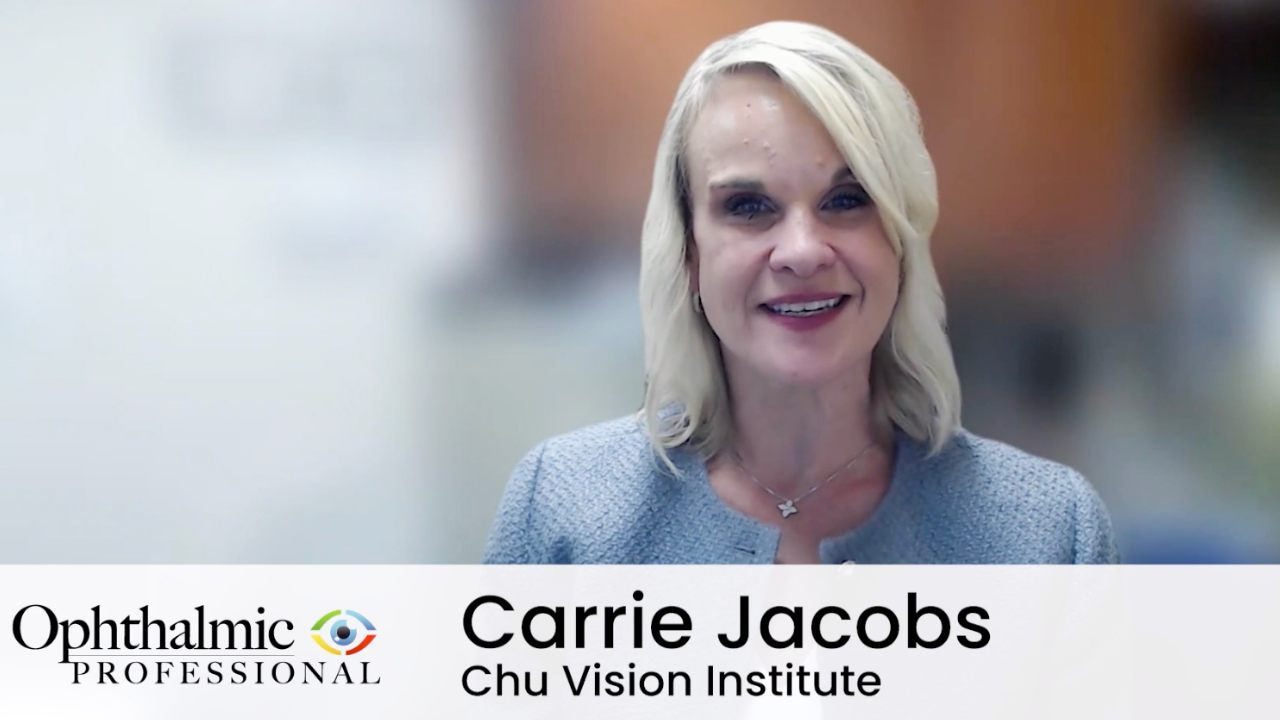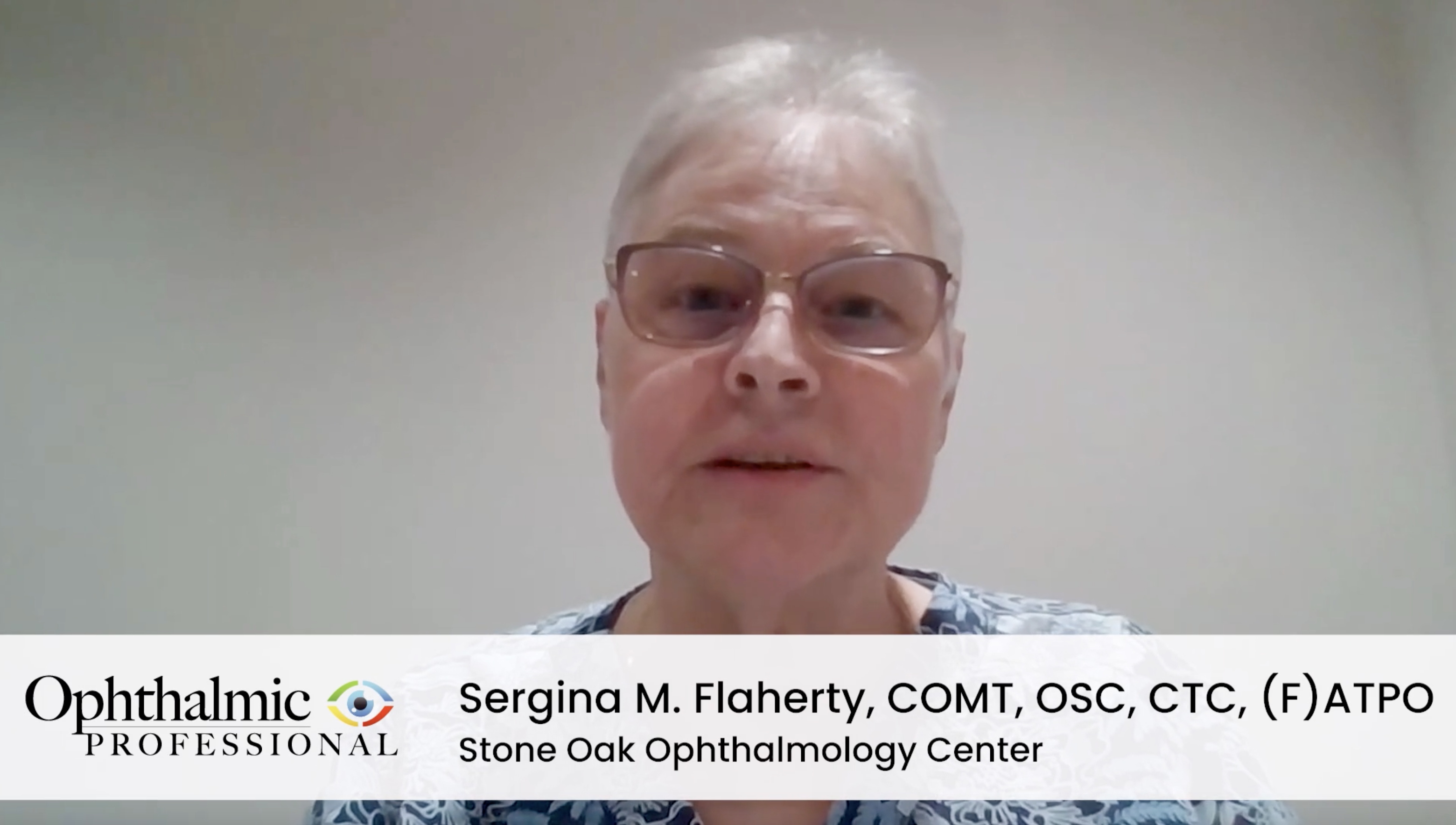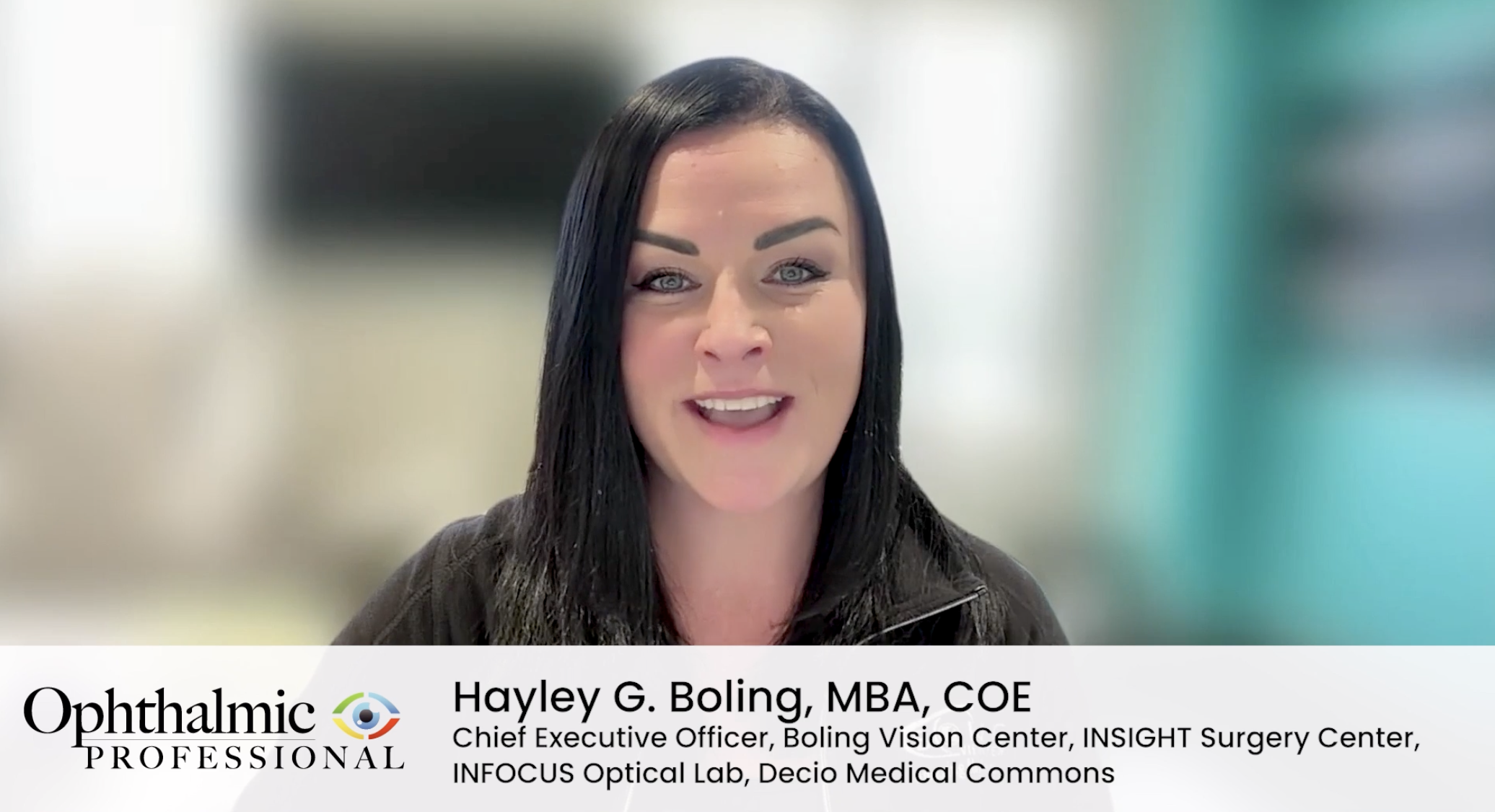I’m Kimberly Barblock, Ophthalmic Medical Technician Program Director and Instructor at Alexandria Technical and Community College [a hybrid online program in Alexandria, Minnesota]. I am also a Certified Ophthalmic Technician.
Today, I’d like to discuss two things that are intertwined: patient safety and patient advocacy. When I think of these two things, I’m reminded of a slogan that was adopted when I lived in New York City: *If you see something, say something.* That slogan was all about how staying hypervigilant and speaking up could help keep New Yorkers safe. The reason this slogan resonated with me in my professional life is because that’s really how I’ve always approached my role in clinic.
Because as ophthalmic technicians, our roles extend far beyond measuring visual acuity or helping doctor’s determine prescriptions for glasses and contact lenses. In fact, we’re often the first to notice signs during preliminary eye exams that could point to serious conditions. And keeping patients safe means never ignoring those signs, no matter how subtle.
Many years ago, I noticed a subtle sign during a routine eye exam that I knew could point to neurological disease. I immediately excused myself to tell the doctor what I observed. The doctor then ordered an immediate visual field test, and [the results of] that test led to the detection of a rare brain tumor.
For me, that moment was a critical reminder of my role in patient safety. It was also my first introduction to the importance of patient advocacy.
So, my advice to new technicians is to keep this slogan in mind during your day-to-day interactions with patients, and, if you do notice something that doesn’t seem right, trust your gut, and tell the ophthalmologist right away. Now sometimes, this means you’ll have to advocate for the patient. [I know this can be intimidating, especially for new technicians.] But trust me, the doctor would much rather you bring something to their attention and have you be wrong about it, than not bring it to their attention at all, especially if you’re right. Because another important part of your role as an ophthalmic technician is to protect the doctor, and you do that by helping them keep their patients safe.
So, remember, stay hypervigilant, and always advocate for your patients. This could help save vision, and sometimes, even a life.
Transcript edited for clarity.













